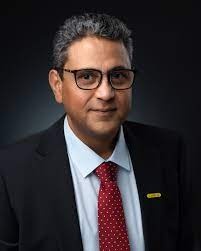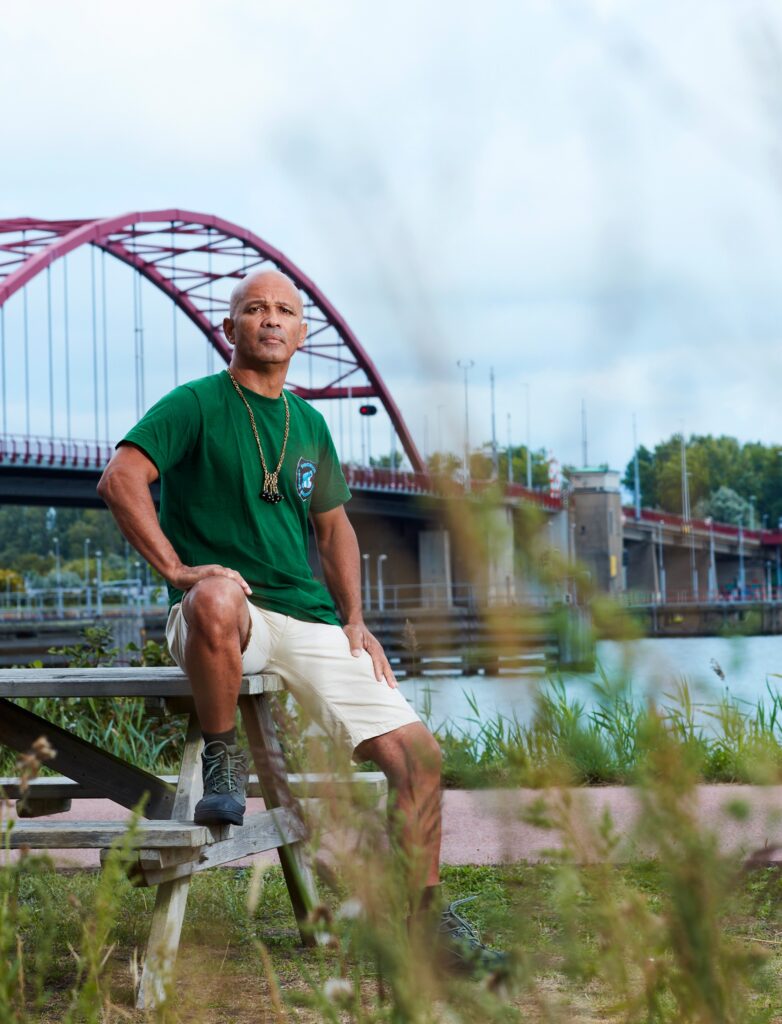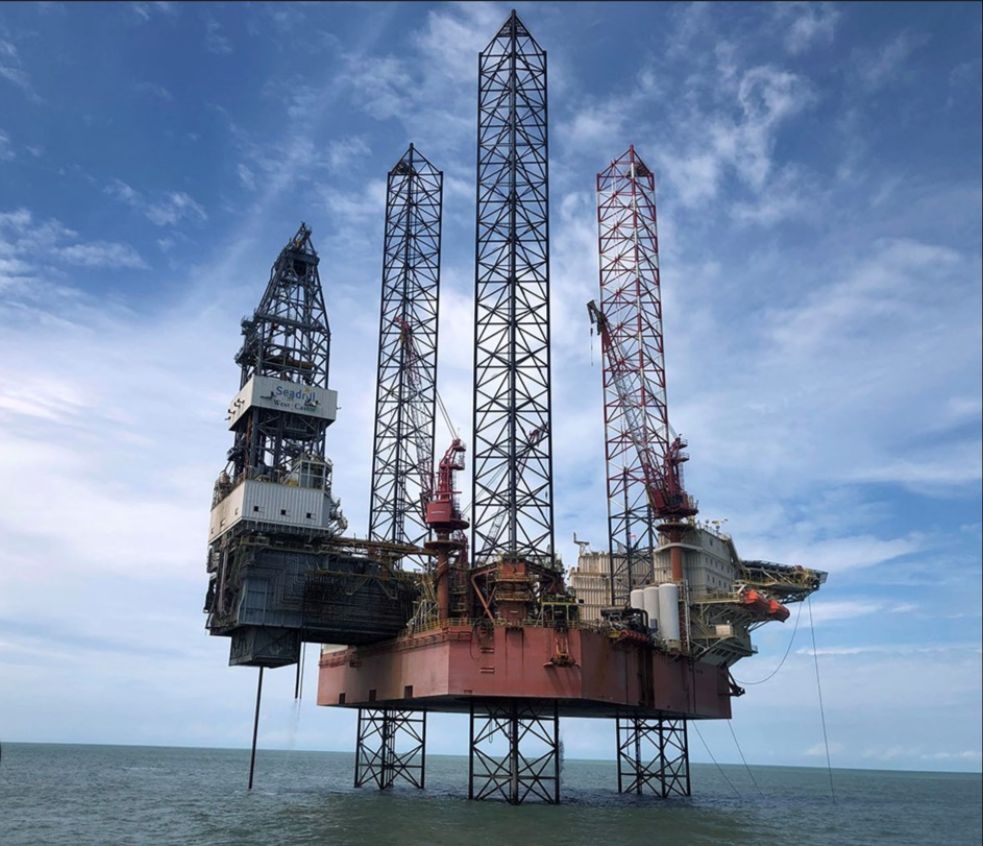Since news broke about the first oil discoveries off the Surinamese shore in January 2020, the up-and-coming oil and gas industry has been the talk of the town.For many, this industry is seen as the saving grace for the severe economic crisis the country is currently facing.
The climate aspect, however, seems to be the elephant in the room that is not being discussed enough. Suriname is kicking off its offshore industry at a time when there is a global movement for renewable energy transitions to limit global warming to 1.5°C. It is widely known that Suriname has a carbon-negative status due to its high forest coverage of 93%. Will the offshore industry, once in development, have any effect on this status, or will Suriname follow the steps of countries like New Zealand?
Effect of commercializing offshore oil-and-gas industry on Suriname’s carbon emissions

In an interview, the Power and Sustainable Energy Deputy Director of Staatsolie (Suriname’s National Energy, Oil and Gas Company), Eddy Fränkel, stated that Staatsolie currently has a carbon dioxide (CO2) emission of 600.000 tonnes per year.
“This seems like a large number, but in actuality, it is a very small fraction compared to the capacity of CO2 absorption from our tropical rainforest,” said Fränkel.
When asked how much carbon dioxide emissions will increase when Staatsolie starts commercialising the offshore oil and gas industry, Fränkel indicated the amount will increase one to twofold. He insisted that even in this case, Suriname would retain its status as a carbon-negative country.
Environmental activist Erlan Sleur, chairman of the biodiversity protection organisation “Probios”, strongly opposes the statements made by Fränkel.
He is in disbelief that Fränkel indicated that Suriname will retain its carbon-negative status when the offshore oil and gas industry is commercialized. According to Sleur, it’s important to note that Suriname is not secluded but rather a part of the world; thus, the issue of Suriname’s carbon emissions should be viewed in a broader context.

He argues that all countries, regardless of their current emissions levels, have a responsibility to prioritise sustainable and low-carbon development pathways. Furthermore, Sleur shines a light on the deforestation occurring in Suriname due to illegal logging and gold mining, which also significantly decreases the amount of carbon that can be retained.
Destruction of rainforest
“Our rainforest is being damaged significantly. With every hectare of forest destroyed, the capacity to absorb CO2 decreases”, stressed Sleur.
Sleur explained further that deforestation also occurs on a huge scale due to infrastructural works such as the deep sea port that the government is building in Nickerie as well as the destruction of mangroves near Suriname’s national oil company, Staatsolie, for their oil plant in Saramacca. Licences for gold mining and logging are being granted by the government to individuals and companies. This leads to large-scale deforestation. To add insult to injury, these concessions are often also in the living areas of tribal communities. Fresh in our memories is the second of May 2023, when two persons from the indigenous village of Pikin Saron lost their lives during a demonstration against concessions in their community.
The energy transition
The overarching goal of the global climate movement is to limit global warming to 1.5°C.
In recent years, it has become clear that accelerated action is needed as current national decarbonisation pledges are falling short of keeping the planet’s average temperature rise within 1.5°C.
During the recent Suriname Oil and Gas Summit, Suriname’s President, Chandrikapersad Santokhi, stated that the oil and gas industry will be the catalyst for economic development and that the sector has full support from the government within the legal and institutional framework.
President Santoki indicated that Suriname is committed to achieving the global targets related to the renewable energy transition and phasing out fossil fuels. How this will be achieved with the up-coming oil and gas industry remains to be seen.

As of today, there is no specific national legislation aimed at transitioning to renewable energy sources. There have, however, been independent projects aimed at greener energy, such as a solar plant in Nickerie that was opened in June 2022.
Vulnerable communities disproportionately affected by Climate Change
Developed countries are the biggest contributors to greenhouse gas emissions. Frans Timmermans, Executive President of the European Commission, visited Suriname on June 15th, 2023, where he spoke with government officials about ways in which the EU will be supporting Suriname in preparation for the impacts of climate change. The EU president stated that they are not trying to tell Suriname how it should be done; it’s more about ensuring that Suriname learns from the mistakes made in the past by European countries.
Timmermans stressed that Suriname is in a position to play a key role in how climate change is tackled globally. He announced that the European Commission, together with the Inter-American Development Bank, will donate 22 million euros to Suriname in preparation for climate change. “Especially to protect the beautiful historical buildings from high water,” said Timmermans.
However, he did not share what accelerated measures the European Union is taking to combat its large contribution to greenhouse gas emissions, which is the driving force of climate change. This has a ripple effect, leading to devastating consequences for vulnerable, underdeveloped countries like Suriname.
Many experts, scientists, and environmental agencies, such as the United States Environmental Protection Agency (USEPA), have stated that climate change is responsible for the increased severity and intensity of flooding. For instance, approximately a year ago, large parts of Brokopondo were hit by severe flooding. The damage was severe. Dozens of tribal villages lost their homes and crops and were forced to start rebuilding from scratch. Local entrepreneurs went bankrupt. To this day, some villagers are still awaiting the promised compensation from the government. This is yet another example of the most vulnerable communities being significantly affected by climate change.
As the world is transitioning to greener energy, Staatsolie is also doing its part, said Fränkel. According to him, an important measure is that a part of the profits from the offshore oil and gas industry should be used to fund and develop sustainable energy alternatives for the future.
He further stated that when it comes to Suriname making that energy transition, the legislators will need to fulfil their responsibilities and champion legislation aimed at a green future.
Suriname and Carbon credits
“If we continue to destroy our rainforest in the manner that is occurring now, Suriname will never receive carbon credits,” Sleur said.
The environmental activist stated that for consecutive years, it has been indicated by governments that Suriname will be paid for its carbon-negative status. Sleur explained that this will not happen since satellite images clearly illustrate that the country is destroying its forests more and more each day.
“If we want the developed countries to compensate us for our forest, then we must work on protecting our forest and treat it with kid gloves,” said Sleur.
This story was published by Srherald.com with the support of the Caribbean Climate Justice Journalism Fellowship, which is a joint venture between Climate Tracker and Open Society Foundations.